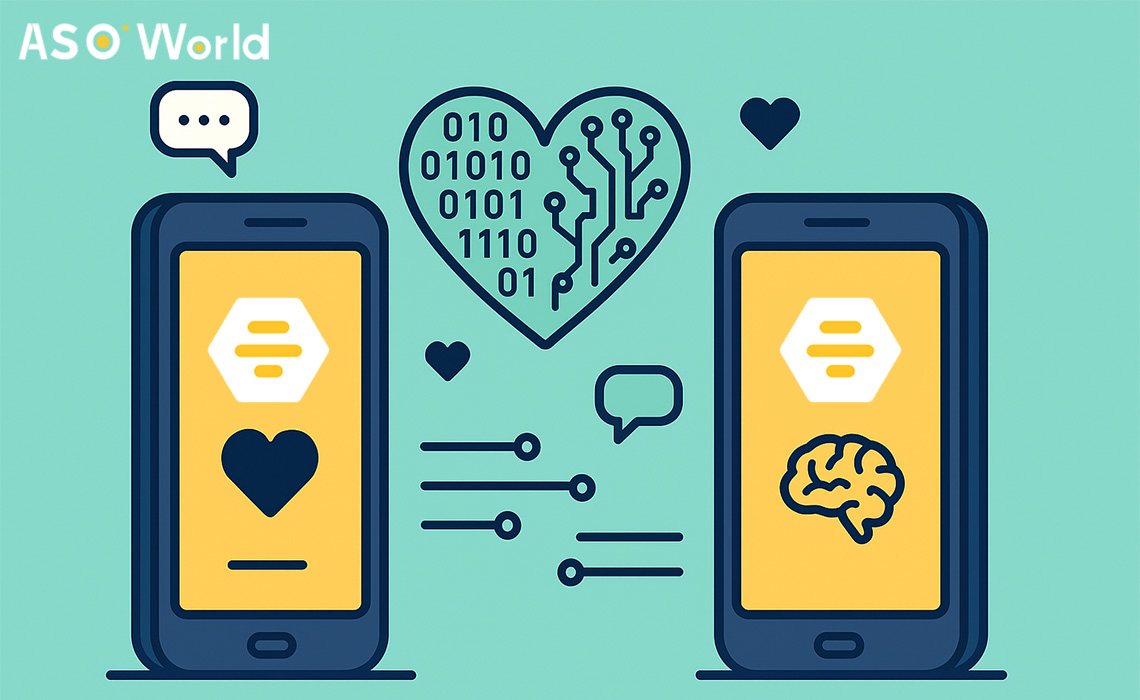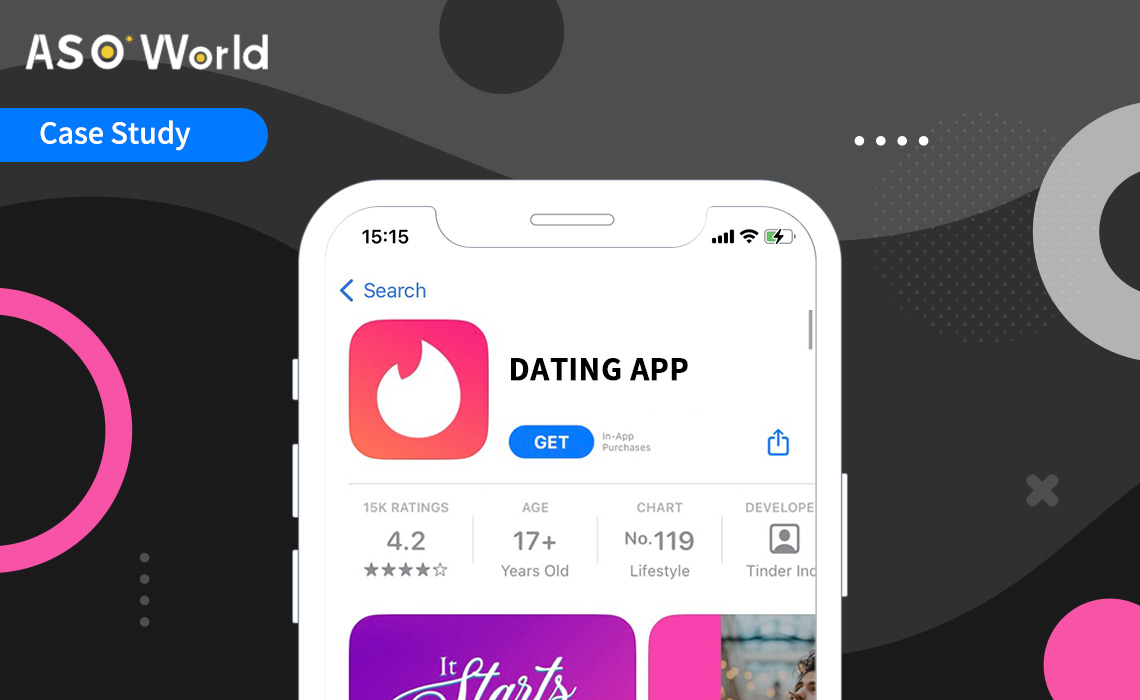





Bumble builds an AI dating app using attachment styles to create deeper matches, with a limited beta planned this fall.

Bumble CEO Whitney Wolfe Herd is leading development of an AI-powered dating app that prioritizes users’ psychological attachment styles over photos and basic demographics. The app — built as a large language model and slated for a limited beta this fall — seeks to reduce “swipe fatigue” by creating emotionally informed matches and even acting as a dating concierge.
The new platform classifies users into four attachment styles — anxious, avoidant, disorganized and secure — after guided sessions about past relationships and dating history. Matches are suggested based on psychological compatibility rather than surface-level cues.
Beyond matchmaking, the AI is designed to take practical steps for users: creating personalized profiles, recommending compatible partners, and even booking date reservations. The company positions the product as “the world’s smartest and most emotionally intelligent matchmaker.”
The launch comes amid signs of strain across the dating-app market. Bumble reported an 8.7% drop in paying users to 3.8 million in Q2 2025 and a 7.6% revenue decline to $248.2 million. Broader trends show younger users disengaging from swipe-driven apps: many cite superficiality, low conversational follow-through, and general exhaustion with the format.
If the app succeeds at producing deeper matches, it could reinvigorate engagement and differentiate Bumble from rivals introducing incremental AI features. However, the company must convince users to share sensitive relationship histories and to trust algorithmic judgment.
The matchmaking engine is reportedly a conversational large language model that conducts interactive sessions to gather relationship-relevant data. Psychologists and relationship counselors have been consulted to ground the algorithm in attachment theory.
Key unknowns include exactly what data will be stored, how psychological labels are validated, and what safeguards will protect users from misclassification or algorithmic bias. Monetization details — whether per-match fees, subscriptions, or hybrid models — have not been disclosed.

Other platforms have added AI photo-selection and conversation tools, but Bumble’s approach aims for deeper psychological sophistication. Success depends on user uptake, perceived accuracy of psychological profiling, and regulatory or privacy scrutiny.
If the app improves match quality and user retention, it could reverse engagement declines. Conversely, missteps on privacy, explainability, or poor match outcomes could accelerate user attrition.
This development marks a promising shift toward evidence-based matchmaking, building on attachment theory pioneered by John Bowlby and Mary Ainsworth, which explains how early experiences shape adult relationships. While it could reduce failed connections and boost satisfaction, concerns over data privacy in sharing relationship histories may arise, especially amid growing AI ethics debates.
Looking ahead, if successful, this could inspire widespread adoption of psychology-driven features across apps, potentially increasing long-term relationship formation rates beyond the current 19% visual-based success metric, though real-world outcomes will depend on user adoption and algorithm accuracy.
Get FREE Optimization Consultation
Let's Grow Your App & Get Massive Traffic!
All content, layout and frame code of all ASOWorld blog sections belong to the original content and technical team, all reproduction and references need to indicate the source and link in the obvious position, otherwise legal responsibility will be pursued.